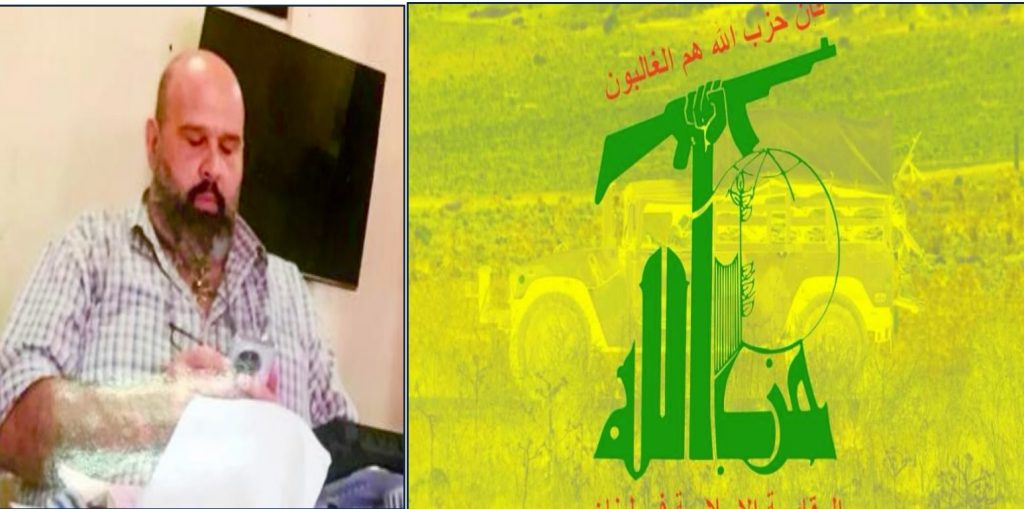Johnny Koussa, a prominent figure in Sierra Leone’s business community and CEO of the Elephant Betting Company, has recently come under the spotlight for his alleged connections to Hezbollah, specifically regarding financial support for the group’s Jihad Council.
This military body is responsible for overseeing Hezbollah’s military and security operations, and it plays a significant role in directing the organization’s various civilian branches while maintaining ties with external partners, particularly Iran, which is a crucial supporter of the group. The Jihad Council, established in 1995, operates under the direct supervision of Hezbollah’s Secretary-General and is subordinate to the Shura Council, which governs the organization.
Its activities are primarily focused on conducting operations against Israel, including the recruitment of Palestinians living in Lebanon for military missions and intelligence gathering in Eastern Europe, to target Israeli interests. The Council’s strategic role in Hezbollah’s military endeavours against Israel highlights its importance within the broader regional context. Allegations against Koussa suggest that he has been exploiting Sierra Leone’s resources and financial systems to fund Hezbollah’s operations.
A source claims that Koussa has been using the profits from his business ventures, including a joint venture between Accord Logistics (his company) and the Sierra Leone State Lottery Company Limited, to support the jihad assembly. This collaboration has raised concerns about the potential misuse of state resources for financing militant activities.
The U.S. Treasury Department has previously expressed concerns about the activities of certain Lebanese nationals in Africa, including those in Sierra Leone, who are accused of raising funds for Hezbollah. In June 2013, the Treasury imposed sanctions on four individuals residing in Senegal, Gambia, Sierra Leone, and Côte d’Ivoire, alleging their involvement in fundraising efforts and recruitment for Hezbollah. This action underscores the ongoing scrutiny of Lebanese expatriates in West Africa and their potential links to the organization.
Hezbollah maintains a significant international presence through its Foreign Relations Department (FRD), which serves various functions, including propaganda, financing, and establishing connections with local supporters. The FRD operates by embedding personnel within local communities, often disguised as members of the diaspora, to foster ties between Hezbollah, Iran, and Shi’a communities abroad. Some community centres serve as fronts for these operations, facilitating Hezbollah’s outreach and support networks.
According to Canadian intelligence reports, the FRD has been known to set up front companies and disguise its operatives as talent scouts to mobilize local Shi’a backing for Hezbollah and Iran. The intelligence community has characterized Hezbollah as one of the most technically capable terrorist organizations globally, capable of executing complex operations and maintaining a sophisticated support network.
The FRD is closely linked to Hezbollah’s Business Affairs Component (BAC), which plays a crucial role in establishing terror cells across Africa. In 2015, the U.S. Treasury sanctioned three Hezbollah members and their associated entities over a support network based in West Africa. The Treasury’s findings rejected the FRD’s claims of merely conducting community relations, emphasizing that its primary objective in regions like Nigeria, is to recruit for Hezbollah’s military units and establish a terrorist infrastructure that supports operational units both in Africa and globally.
These developments have raised alarms about Hezbollah’s expanding influence in West Africa, particularly through the activities of Lebanese nationals. The U.S. government has previously sanctioned individuals believed to be facilitating Hezbollah’s growth in this region, particularly in countries like Sierra Leone, Senegal, Côte d’Ivoire, and Gambia. As investigations into Koussa’s alleged involvement continue, the implications of these connections could have far-reaching consequences for regional security and international relations. The scrutiny surrounding Koussa and his business dealings serves as a reminder of the complex interplay between commerce and militant financing in today’s geopolitical landscape.
